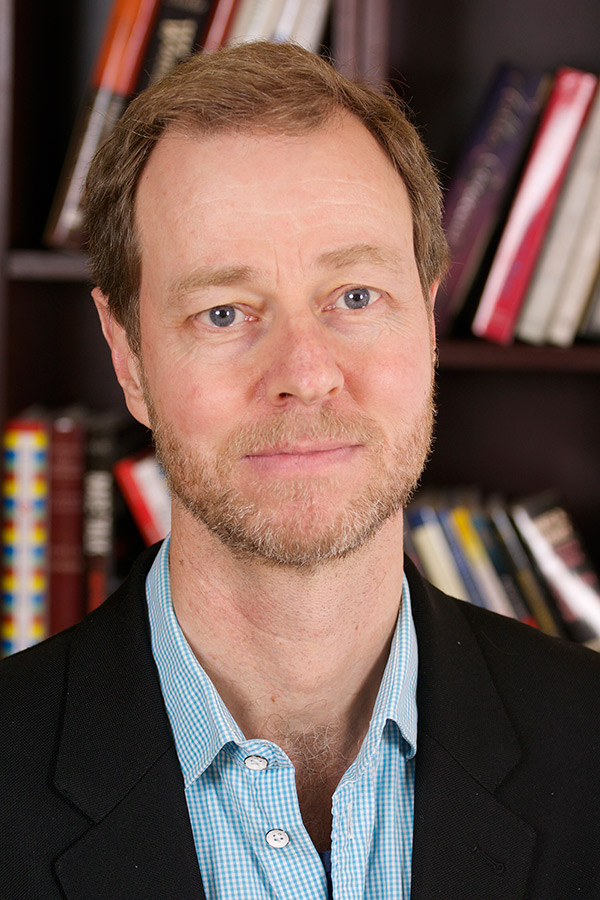TC’s Thomas Hatch: Lessons for the U.S. in South Korea's Easing of Testing Pressure

In South Korea, a top performer on international standardized tests, unemployment is low by global standards, at 3.5 percent in 2016. But the low unemployment in South Korea is apparently not linked to the country's high-performing education system, as “one out of three unemployed people were college graduates,” Hatch writes.
Nor do high test scores reflect students' satisfaction with the education system or overall happiness.
Despite the high performance of South Korea’s 15-year-olds on international tests like PISA, the country ranked last on the Organisation for Economic Cooperation and Development’s Better Life Index of adolescents’ self-reported measures of happiness, Hatch notes. “As I learned on a recent visit to South Korea, these problems lead to widespread dissatisfaction with the education system, despite its consistent high performance on the international tests.”
To try to address this problem, South Korea has launched several initiatives, starting with an “exam-free semester” in middle school that allows principals to eliminate midterms and finals during one semester. “According to the Ministry of Education,” Hatch writes, “the exam-free semester aims to enhance the happiness and well-being of students by giving them opportunities to explore their passions and career interests.”
The initiative started in 42 schools in 2013 and has grown each year, reaching all 3,024 middle schools in 2016. And this year, policymakers decided to expand the initiative into an “exam-free year” for 7th grade in 2017, with pilot programs starting in some schools in 8th and 9th grade as well.
The lessons for the U.S., Hatch writes, include:
- First, don’t expect to improve education, the economy or students’ life chances by blindly chasing high test performance.
- Second, don’t try to do everything at once. Although the initiative can be considered “small” in the sense that it focuses primarily on one grade level, in only a few years it has grown to reach all 450,000 seventh graders in South Korea.
- Third, don’t just hope for the best; put in place a series of interrelated supports that can help “small,” focused initiatives take hold and spread.
Thomas Hatch is Professor of Education at Teachers College, Columbia University, co-director of the National Center for Restructuring Education, Schools and Teaching
To read the entire piece, click here.
Published Tuesday, Nov 7, 2017